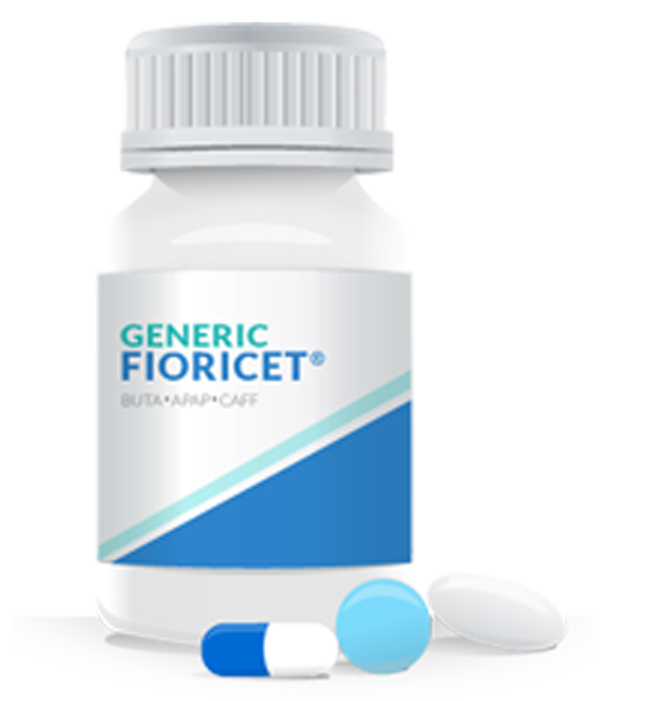Take this medication by mouth with or without food as directed by your doctor, usually every 4 hours as needed.
If you are using the liquid form of this medication, carefully measure the dose using a special measuring device/spoon.
Do not use a household spoon because you may not get the correct dose.
The dosage is based on your medical condition, age, and response to treatment. This medication works best if it is used as the first signs of a
headache occur. If you wait until the headache has worsened, the medication may not work as well.
If you suddenly stop using this medication, you may have withdrawal symptoms (such as nausea/vomiting, mental/mood changes, seizures).
To help prevent withdrawal, your doctor may lower your dose slowly. Withdrawal is more likely if you have used this medication for a long time or in high doses.
Tell your doctor or pharmacist right away if you have withdrawal.
Though it helps many people, this medication may sometimes cause addiction. This risk may be higher if you have a substance use disorder
(such as overuse of or addiction to drugs/alcohol). Take this medication exactly as prescribed to lower the risk of addiction. Ask your doctor or pharmacist for more details.
Tell your doctor if you notice increased use of this medication, a worsening of headaches, an increase in the number of headaches, the medication not working as well,
or use of this medication for more than 2 headache episodes a week. Do not take more than recommended. Your doctor may need to change your medication and/or add a
separate medication to prevent the headaches.
Nausea, vomiting, abdominal pain, constipation, dry mouth, shaking (tremor), shortness of breath, increased urination, lightheadedness, dizziness, drowsiness,
or trouble sleeping may occur. If any of these effects persist or worsen, tell your doctor or pharmacist promptly.
To reduce your risk of dizziness and lightheadedness, get up slowly when rising from a sitting or lying position.
Remember that your doctor has prescribed this medication because he or she has judged that the benefit to you is greater than the risk of side effects.
Many people using this medication do not have serious side effects.
Tell your doctor right away if any of these unlikely but serious side effects occur: mental/mood changes, fainting, seizures, fast/irregular heartbeat.
A very serious allergic reaction to this drug is rare. However, get medical help right away if you notice any symptoms of a serious allergic reaction, including: rash,
itching/swelling (especially of the face/tongue/throat), severe dizziness, trouble breathing.
This is not a complete list of possible side effects. If you notice other effects not listed above, contact your doctor or pharmacist.
Store at room temperature away from light and moisture.Keep all medications away from children and pets.Properly discard this product when
it is expired or no longer needed. Consult your pharmacist or local waste disposal company.





